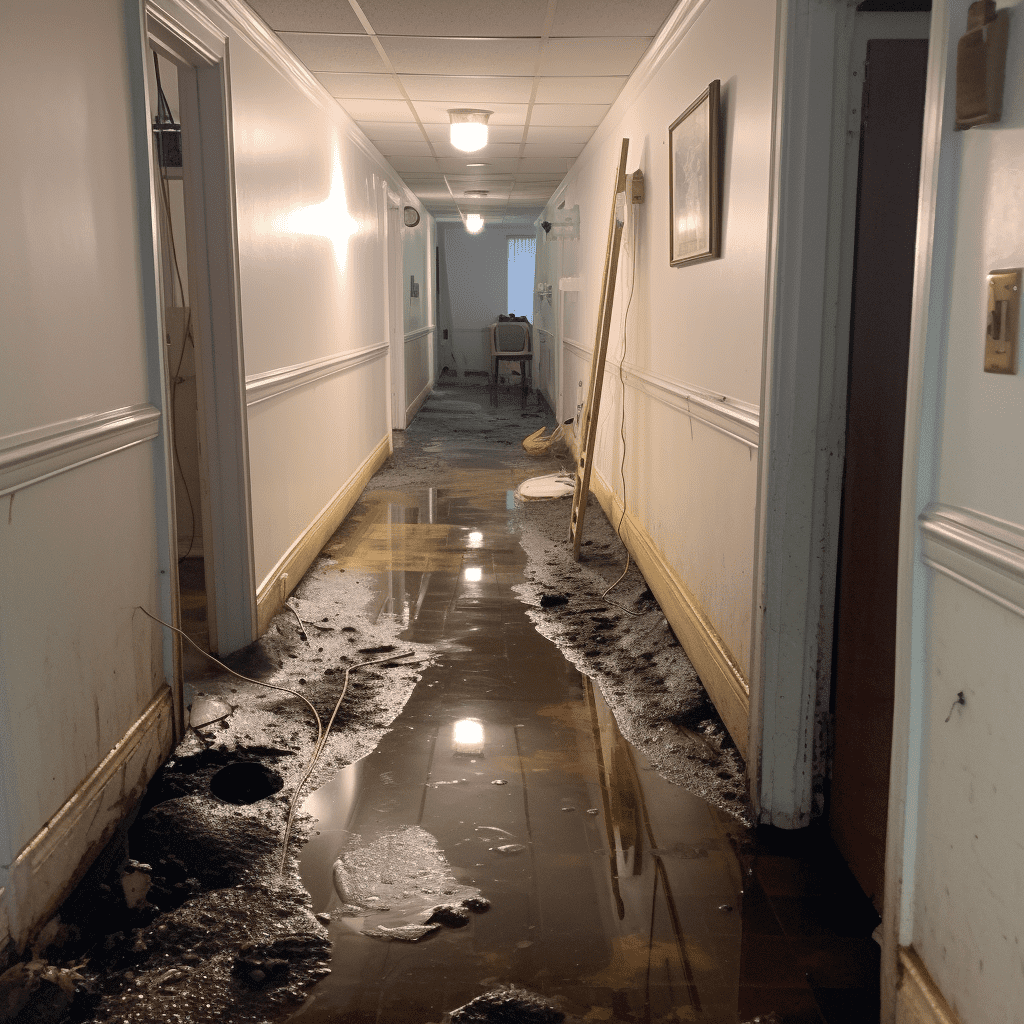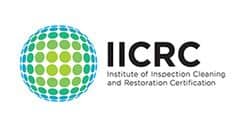Overflowing gutters can cause significant water damage to your home, leading to costly repairs and potential health hazards. Proper gutter maintenance and installation can help prevent these issues and protect your home from water damage. In this article, we will discuss the causes of overflowing gutters, the potential damage they can cause, and the steps you can take to prevent water damage from occurring.
Causes of Overflowing Gutters
There are several reasons why gutters may overflow, including:
- Clogged gutters: Leaves, twigs, and other debris can accumulate in gutters, causing blockages that prevent water from flowing through the system. This can cause water to overflow and potentially damage your home.
- Improper installation: If gutters are not installed correctly, they may not be able to handle the volume of water they need to. This can lead to overflowing and water damage.
- Insufficient gutter size: If your gutters are too small for the size of your roof, they may not be able to handle the amount of water that flows off the roof during heavy rainstorms. This can cause water to overflow and potentially damage your home.
- Damaged gutters: Cracks, holes, or other damage to your gutters can cause water to leak out and potentially damage your home.
Potential Damage from Overflowing Gutters
Overflowing gutters can cause a variety of problems for your home, including:
- Foundation damage: When water overflows from gutters, it can pool around the foundation of your home. Over time, this can cause the soil to erode and the foundation to weaken, leading to costly repairs.
- Siding damage: Water that overflows from gutters can run down the side of your home, causing damage to your siding. This can lead to rot, mold, and mildew, which can be expensive to repair.
- Roof damage: If water is not properly diverted away from your roof, it can cause damage to your shingles and the underlying structure. This can lead to leaks and other issues that can be expensive to fix.
- Landscape damage: Overflowing gutters can cause soil erosion and damage to your landscaping, which can be costly to repair.
- Mold and mildew: Excess moisture from overflowing gutters can lead to the growth of mold and mildew in your home, which can cause health issues and be expensive to remediate.
Steps to Prevent Water Damage from Overflowing Gutters
To protect your home from water damage caused by overflowing gutters, follow these steps:
- Regular gutter cleaning: Clean your gutters at least twice a year, or more frequently if you live in an area with a lot of trees. Remove leaves, twigs, and other debris to ensure water can flow freely through the system.
- Install gutter guards: Gutter guards are designed to prevent debris from entering your gutters, reducing the risk of clogs and overflow. There are several types of gutter guards available, including mesh screens, foam inserts, and surface tension guards. Choose the best option for your home and budget.
- Inspect and repair gutters: Regularly inspect your gutters for damage, such as cracks, holes, or sagging. Repair or replace damaged sections as needed to ensure your gutters are functioning properly.
- Proper gutter installation: If you're installing new gutters or replacing existing ones, make sure they are installed correctly. This includes ensuring they are properly sloped to allow water to flow towards the downspouts and that they are securely attached to your home.
- Increase gutter size: If your gutters are too small to handle the volume of water coming off your roof, consider upgrading to larger gutters. This can help prevent overflow and protect your home from water damage.
- Maintain downspouts: Ensure downspouts are clear of debris and are directing water away from your home's foundation. Consider adding downspout extensions or splash blocks to help divert water further away from your home.
- Inspect your roof: Regularly inspect your roof for damage, such as missing or damaged shingles, and make any necessary repairs. This can help prevent water from seeping into your home and causing damage.
Conclusion
Overflowing gutters can cause significant water damage to your home, but with proper maintenance and installation, you can prevent these issues. By regularly cleaning your gutters, installing gutter guards, repairing damaged sections, and ensuring proper installation, you can protect your home from the costly and potentially dangerous effects of water damage. Don't wait until it's too late – take action now to safeguard your home and your investment.







